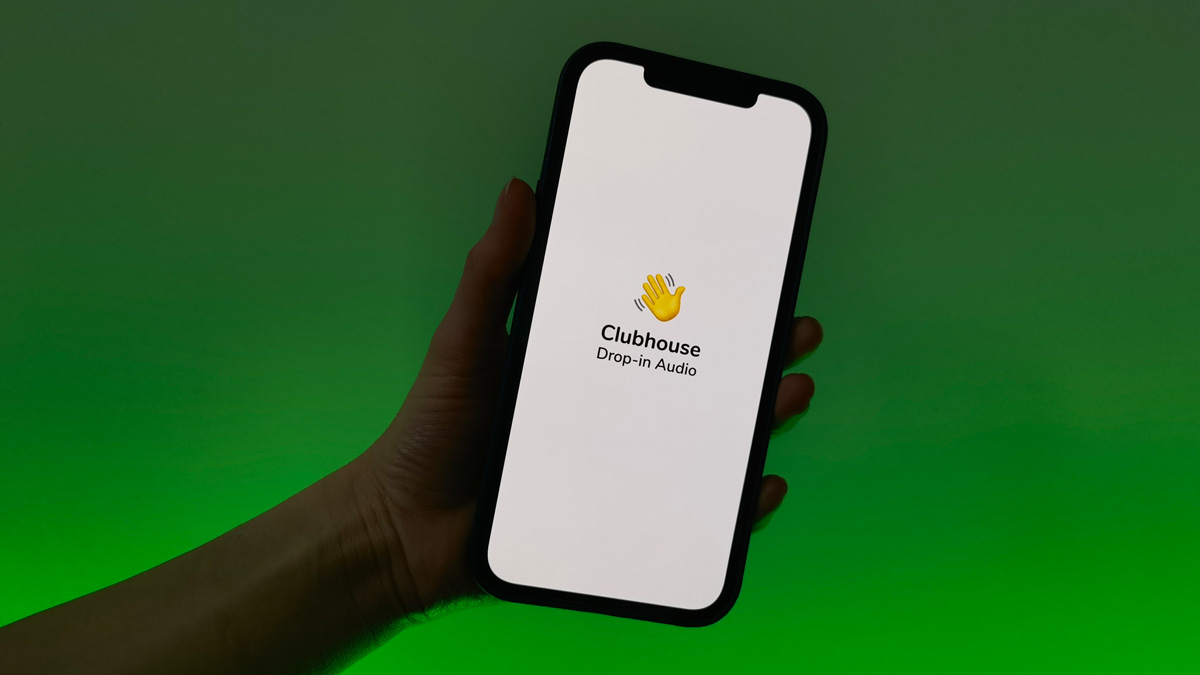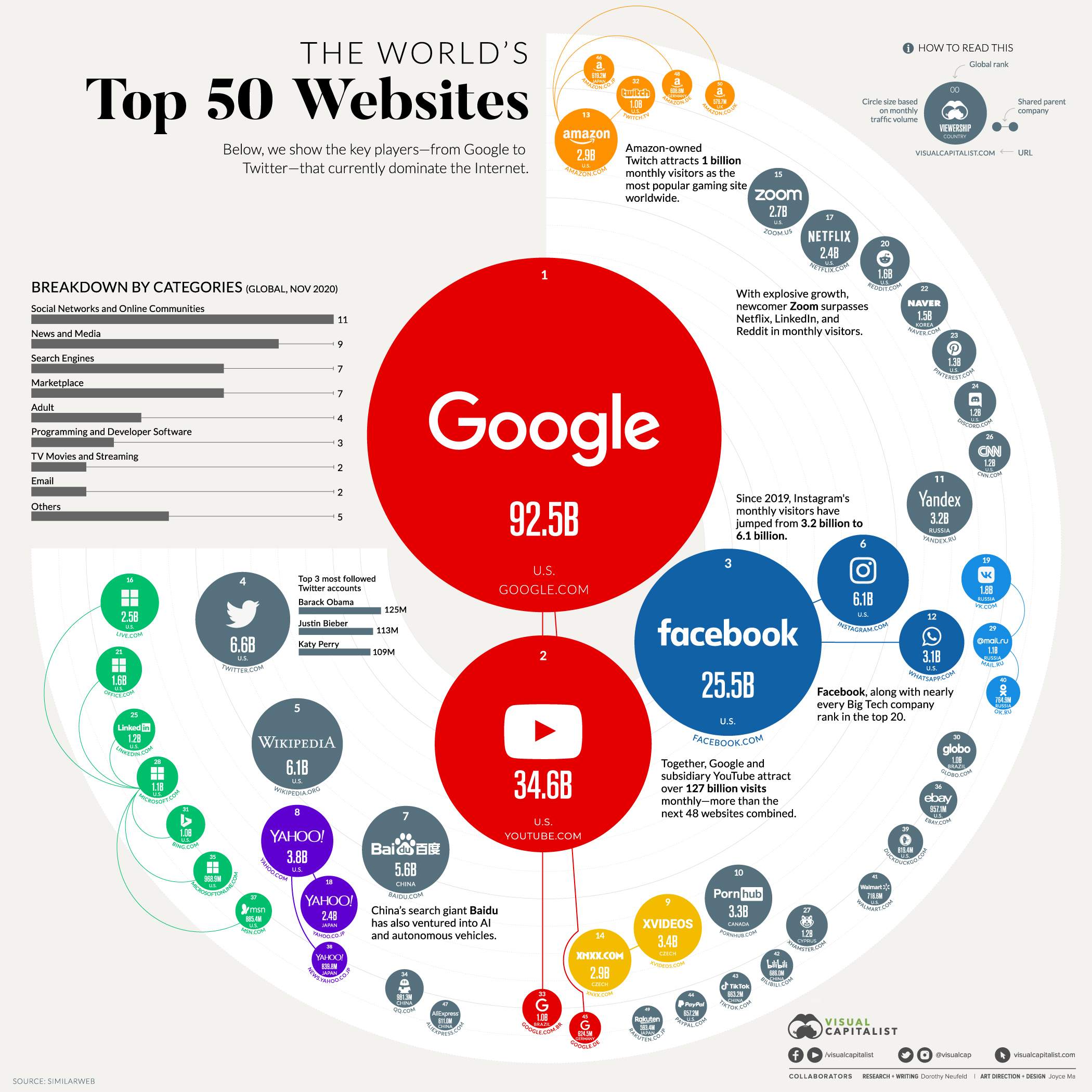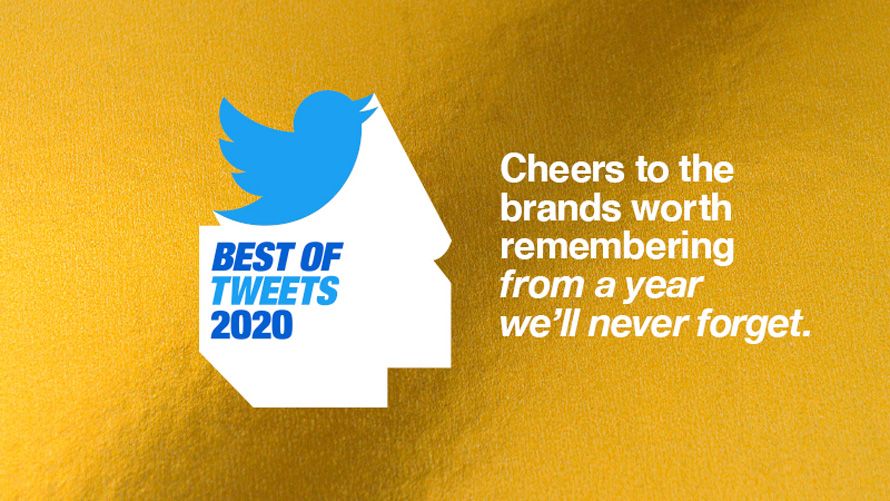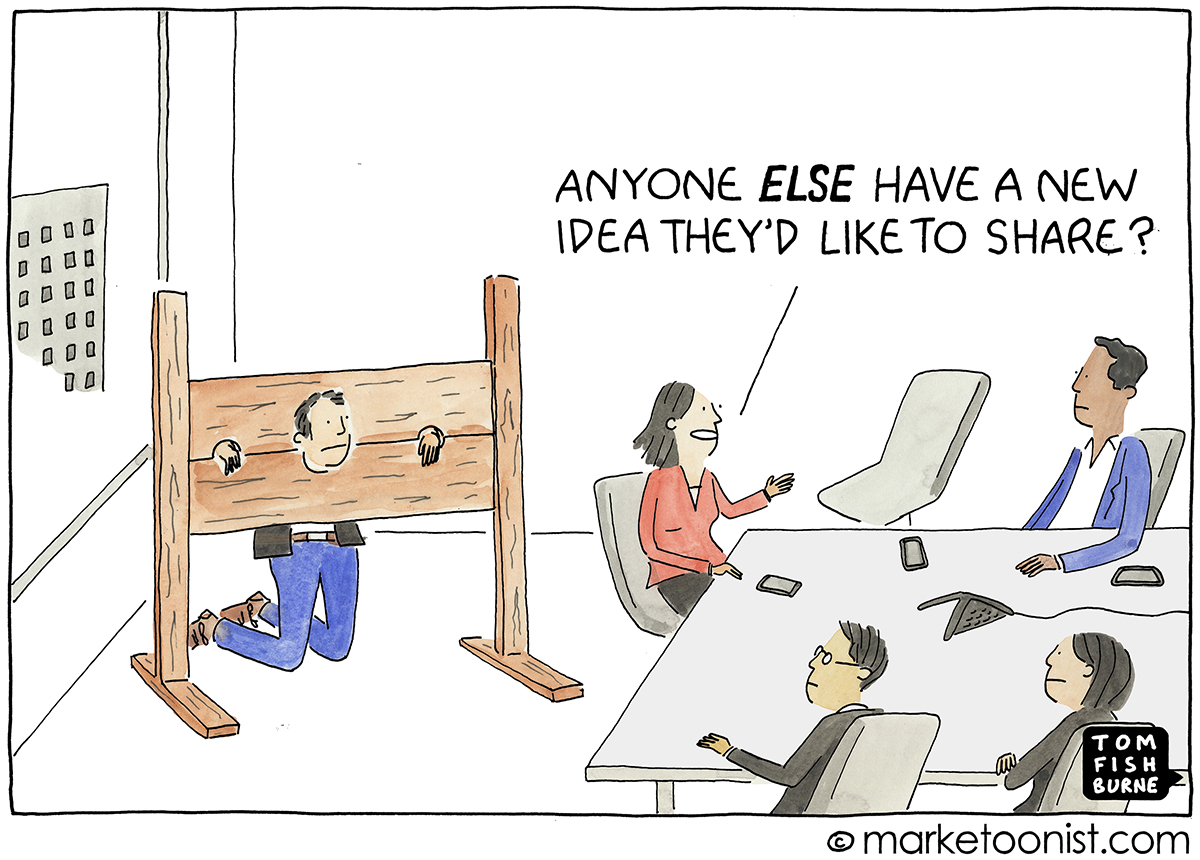Some years ago, on a typical underwhelming, cloud-ridden day during my travels to London, I rested against a wall outside a vegan takeaway joint in Soho, eating what seemed to be a guacamole taco. It was my latest attempt to improve my traveler’s diet. As I ate, I scrolled through Facebook on my Blackberry Bold (yes, it was that long ago) to pass the time.
View the high-resolution of the infographic by clicking here.
If you spend any time online, it’s likely you’re familiar with some of the world’s most visited websites. On today’s internet, a handful of giants have unmatched dominance.
 This year — 2020 — was a year for the books, with COVID-19 throwing a gigantic monkey wrench into our personal and professional lives as marketers. As we look into 2021, we have to ask: Which changes in consumer behaviors and associated marketing strategies will have a lasting impact, once a vaccine is readily available?
This year — 2020 — was a year for the books, with COVID-19 throwing a gigantic monkey wrench into our personal and professional lives as marketers. As we look into 2021, we have to ask: Which changes in consumer behaviors and associated marketing strategies will have a lasting impact, once a vaccine is readily available?
The past year has only emphasized how critical technology is in keeping the world connected, informed, healthy and safe. Anne Toth, director of Alexa Trust at Amazon Alexa, spoke at a CES® 2021 session about the fact that many technology products that we had previously viewed as fun or convenient to have became integral and essential in the past year. And subsequently, consumer expectations have changed.
 How to change your approach to strategic planning in this fast-moving business environment.
How to change your approach to strategic planning in this fast-moving business environment.
Somebody asked me the other day if I planned to take a trip this year. I used to travel regularly for both work and pleasure, but I spent 2020 on the ground. I answered, “I don’t even know what’s going to happen tomorrow, let alone in six months.”
![10 Social Media Trends That Every Marketer Should Know in 2021 [Infographic]](https://i0.wp.com/www.socialmediatoday.com/user_media/cache/50/89/508947147be82cf0daf1dcd046d5b5bc.jpg?ssl=1)
The last twelve months have been transformative in many ways, with one of the key changes being the increased reliance on digital connectivity for work, play, socializing, connection, etc.








